Capabilities of the proctology department of the VIRTUS Institute
Prevention, conservative and surgical treatment, remission of chronic diseases – all these are the tasks of a proctologist at the VIRTUS Institute. Our proctology department is equipped with everything necessary to perform the most modern, minimally invasive and painless operations.
A feature of the VIRTUS Institute is the widespread use of regenerative cell technologies to accompany surgical treatment, accelerate healing and facilitate the rehabilitation period for many proctological diseases. Such techniques have already proven their effectiveness in various fields of medicine, and in proctology they are especially relevant due to the complexity and delicacy of the operating area.
For example, the «gold standard» of surgical treatment of hemorrhoids is classic hemorrhoidectomy (removal of hemorrhoids). The recovery period after such an operation is usually long and can be quite painful. Thanks to the use of regenerative cell technologies, we are able to reduce the duration of rehabilitation, reduce pain and discomfort and help the patient return to their usual life faster.
Unfortunately, few people consult a proctologist for preventive purposes due to the sensitivity of the topic. Although those who have a family history of colon cancer or polyps should visit a proctologist (coloproctologist) at least once a year after the age of 18 for a check-up and regular colonoscopy.
As for diagnostics, in our Institute you can undergo a number of examinations necessary for a proctologist to make a diagnosis: sigmoidoscopy, anoscopy, colonoscopy, sigmoidoscopy.

Treatment of diseases by proctology
Hemorrhoids are the first association that arises when thinking about treatment by a proctologist. At first glance, this is the most common disease, but under its mask there can be many other pathologies. Lumps in the anus that hurt during defecation, or anal bleeding can also indicate the presence of a polyp, tumor, anal fissure or palliative intestinal disease, which require completely different treatment than hemorrhoids. That is why, when these and other complaints appear, it is worth coming for an initial consultation with a proctologist and understanding what disease is actually involved. So let’s consider the main problems that we treat in the proctology department.
Treatment of hemorrhoids
The development of hemorrhoidal disease is influenced by a sedentary lifestyle, excess body weight, eating disorders, chronic constipation, as well as previous infectious diseases (including COVID-19). That is why a significant part of the adult population suffers from hemorrhoids.
Even if you really have hemorrhoids, this does not always mean that you need to immediately undergo surgery. In the early stages of the disease, it can be effectively controlled and treated with conservative methods. In later stages, such treatment helps to reduce symptoms, prepare for surgery or postpone it.
At the VIRTUS Institute, we treat patients with hemorrhoids with both classical methods (hemorrhoidectomy) and modern low-traumatic, gentle minimally invasive technologies (HAL-RAR-dearterization, hardware techniques, laser vaporization). This approach provides a shorter rehabilitation period.
If we add cell regenerative technologies to surgical treatment, the recovery period becomes even shorter, and the patient can return to their usual active lifestyle more quickly.
Treatment of rectal prolapse
With prolapse, the lower part of the rectum stretches and falls out (depending on the severity, this happens during bowel movements, physical activity or any physical activity and even coughing). It is difficult to independently distinguish rectal prolapse from hemorrhoids, so you should contact a proctologist and undergo an examination.
Treatment of anal fissures
An anal fissure is a tear in the mucous membrane in the anal area. It occurs due to constipation or trauma, and is quite painful. If you consult a doctor immediately after complaints appear, you can get by with conservative treatment, but in cases where the crack has already become rough and covered with callus, surgical excision remains the only option.
Treatment of anal polyps
Even a benign-looking tumor can contain malignant cells, so polyps should be removed and sent for histological examination. If the polyps are located in the proctologist’s work area, he will remove them, but if higher in the intestines, this will be an endoscopic procedure.
When diagnosing polyps, family history is very important: people whose close relatives had polyps should visit a proctologist annually.
Treatment of rectal fistulas (fistulas)
Fistulas (fistulas) of the rectum are a chronic inflammatory disease of the anal canal. As a result of inflammation, an internal opening in the rectum and a fistulous (fistula) passage in the pararectal tissue are formed, which opens on the skin of the perineum, perianal or gluteal area.
Most often, a fistula is formed after acute paraproctitis – purulent inflammation of the tissues around the rectum, when pus finds an outlet and leaves behind a canal. Other inflammatory bowel diseases can also be the cause. Therefore, such conditions often require a comprehensive approach and joint management by several specialists (primarily a proctologist, and if necessary – a gastroenterologist and other doctors).
At the VIRTUS Institute, we successfully treat rectal fistulas, combining modern sphincter-preserving surgical techniques with regenerative technologies. Our approach is aimed at preserving the function of the anal sphincter as much as possible, accelerating healing and reducing the risk of recurrence.
Treatment of pilonidal sinus of the coccyx
Pilonidal sinus of the coccyx (epithelial coccygeal duct) is a congenital anomaly in the area of the intergluteal fold. A narrow duct or a small cavity lined with epithelium forms in the thickness of the skin, where hair and skin secretions can accumulate. This pathology most often occurs in young men, but can also occur in women.
Under certain conditions – reduced immunity, trauma, increased sweating, obesity, diabetes mellitus and other factors – the pilonidal sinus can become inflamed. Then there is pain and discomfort in the coccyx area, redness, swelling, the formation of a painful seal or a fistula with purulent discharge.
Reconstructive operations of the perianal perineal area
The perineum plays an extremely important role, as it actually supports the pelvic organs. Its damage can occur after childbirth tears or incisions (episiotomy), injuries, surgical interventions, acute paraproctitis and other diseases. Depending on the depth of the lesion, the formed scar can cause not only aesthetic discomfort, but also pain, a feeling of tightness, difficulties during defecation and sexual life.
It is worth mentioning separately the excess skin folds around the anus (anal fringes), including those that appear after childbirth. They can rub, complicate hygiene, cause a feeling of discomfort and insecurity and also require correction by a proctologist.
For the perineum, aesthetics is very often a matter of restoring function: correct anatomy helps to get rid of pain, a feeling of tightness, discomfort during defecation and intimate life. Restoring the perineum aesthetically and functionally is not easy, as the anal canal, vagina, and pelvic floor structures are located nearby, which require a delicate, gentle approach. At the VIRTUS Institute, we perform modern reconstructive and aesthetic surgeries in this area, which allows us to restore form, function, and improve the quality of life of patients.
Removal of foreign bodies from the rectum
The proctologist’s task is to remove the foreign object as soon as possible, because this is exactly the case when the patient’s delay can cause extremely serious consequences. A foreign body can cause stool and gases to be unable to pass out, resulting in fecal peritonitis and acute obstruction—serious conditions that threaten life. Laxatives are also not the best solution, as this will ultimately lead to an abdominal wall stoma (an external opening through which stool is passed out).
Early diagnosis of colon and rectal cancer
Colon and rectal cancer is one of the most common cancers in Ukraine. The problem is that patients often learn about the disease by accident and already at stages 3–4, when treatment options are significantly limited.
It is important to pay attention to a number of nonspecific symptoms: unexplained weight loss, change in the nature or form of bowel movements, alternating constipation and diarrhea, blood in the stool or bleeding from the anus, abdominal pain, weakness. If such signs appear, you should contact a proctologist or coloproctologist as soon as possible.
At the VIRTUS Institute, we are engaged in the prevention, diagnosis and early detection of colon and rectal cancer.
It was in our center that we first began performing the anal Pap test in Odessa – a special cytological smear from the anal canal, which allows you to detect precancerous changes and early forms of cancer. This does not mean that the doctor examines only the anal canal: if there is suspicion, a complete examination of the intestine is performed (endoscopic examinations, tests, etc.), which allows detecting polyps and tumors in the early stages.
Today, bowel cancer is not a sentence. In most cases, a tumor detected in time is successfully treated, and the patient can return to his usual lifestyle.
Consultation with a proctologist in Odessa
A proctologist consultation is necessary if the patient is concerned about the following symptoms:
- discomfort in the anus;
- itching around the anus;
- pain in the perineum and anus during defecation;
- discomfort, a feeling of distension in the rectum;
- abdominal pain radiating to the anus;
- change in the form and frequency of bowel movements;
- the appearance of blood, a large amount of mucus, pus from the anus during or after defecation;
- the appearance of neoplasms in the perianal area;
- a feeling of incomplete closure of the sphincter, a feeling of a foreign body in the rectum.
During the initial consultation, the proctologist gets to know the patient, asks him about his complaints, life and family history. Before proceeding to the anal examination, he takes into account the condition and color of the patient’s skin and mucous membrane.
The next stage of the examination is the fastest and most informative digital (finger) examination, then anoscopy, which allows you to examine 10-12 cm from the anus to the anal canal using an anoscope. At the same time, so that the patient does not feel discomfort, we use a special ointment.
Having collected the initial information, the proctologist selects a scheme for further examination (rectoromanoscopy, colonoscopy, etc.) and treatment and suggests the date of the next visit. In most cases, conservative therapy is prescribed, which can be either a separate type of treatment or be carried out as part of preparation for surgery. Usually, the initial consultation of a proctologist lasts at least 30 minutes.



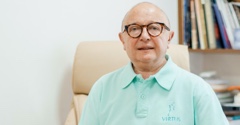

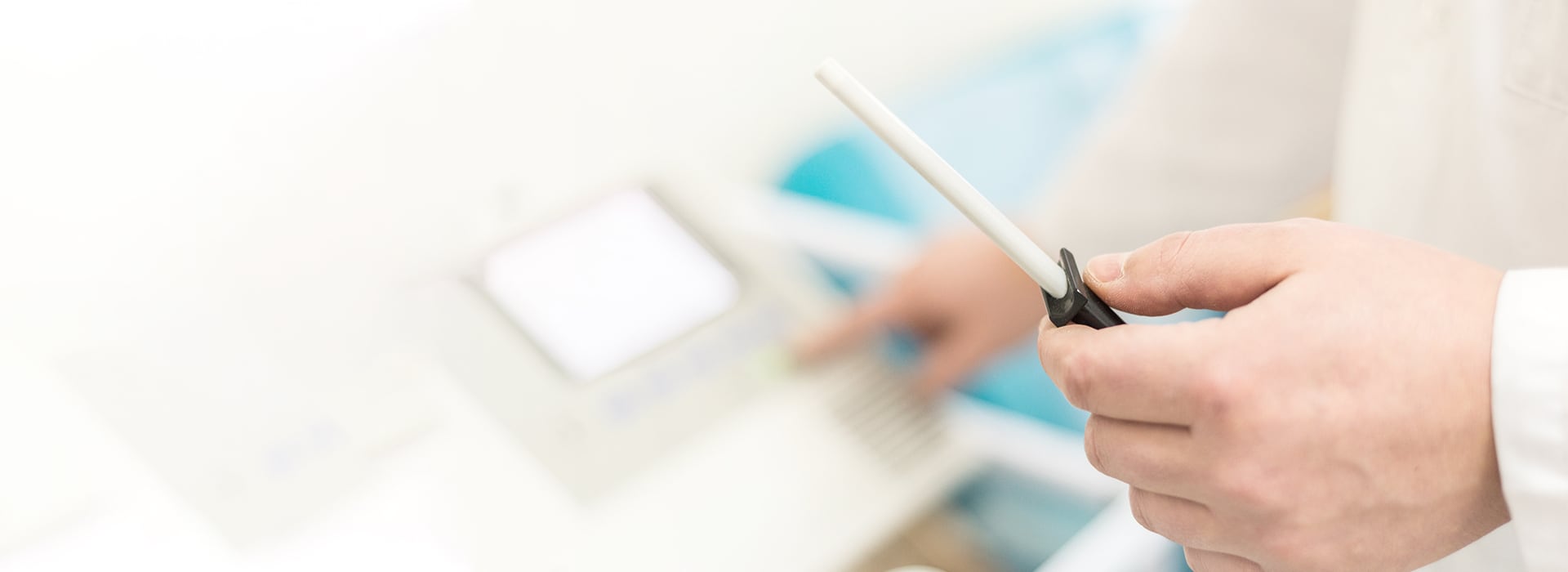
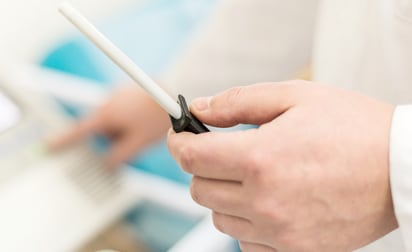


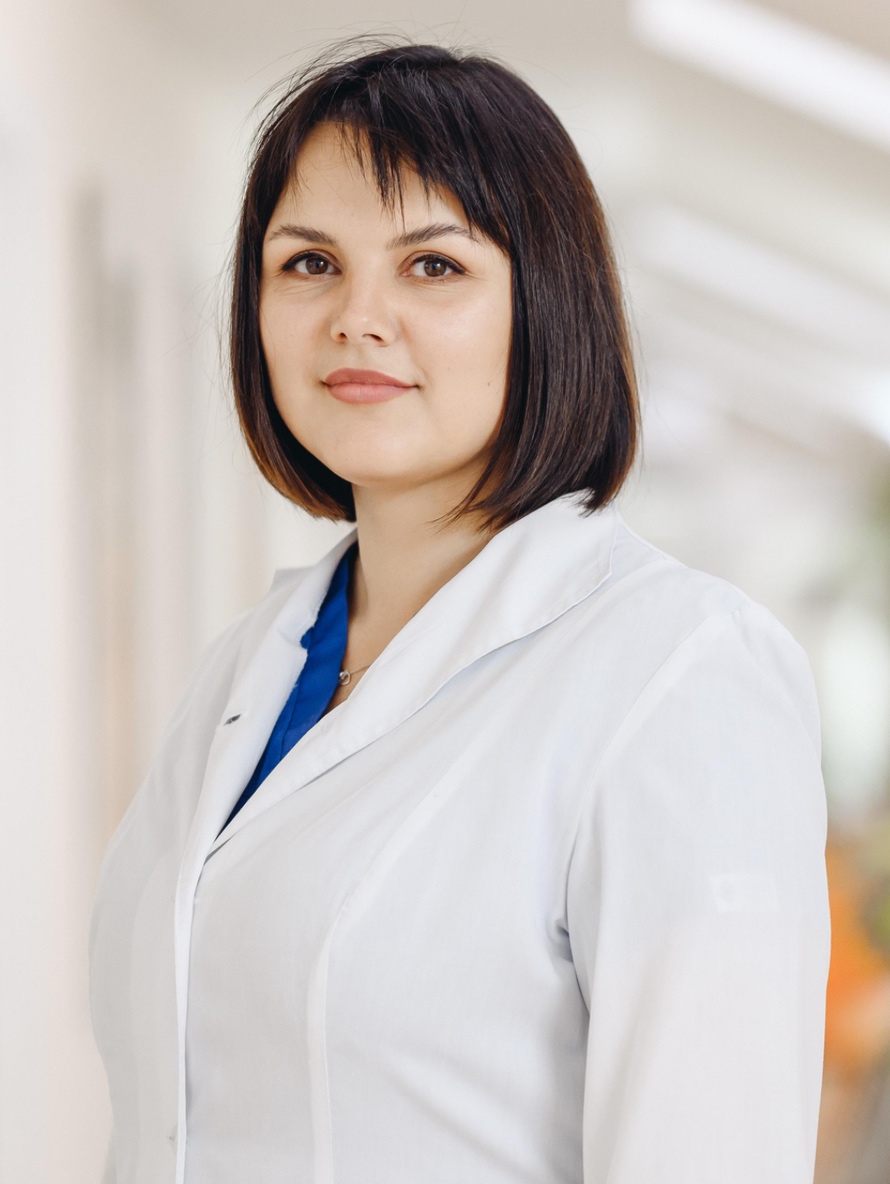



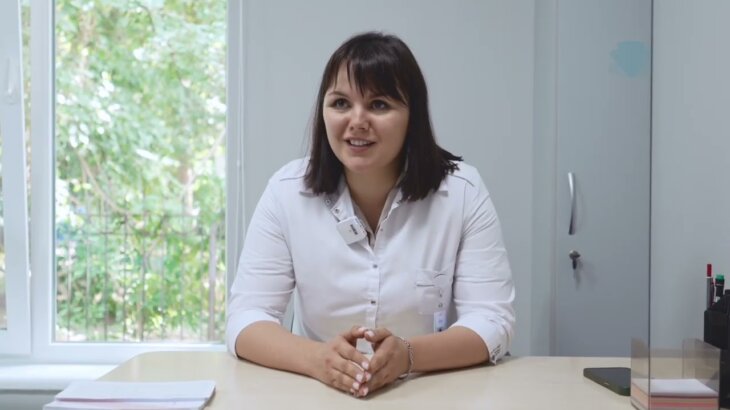
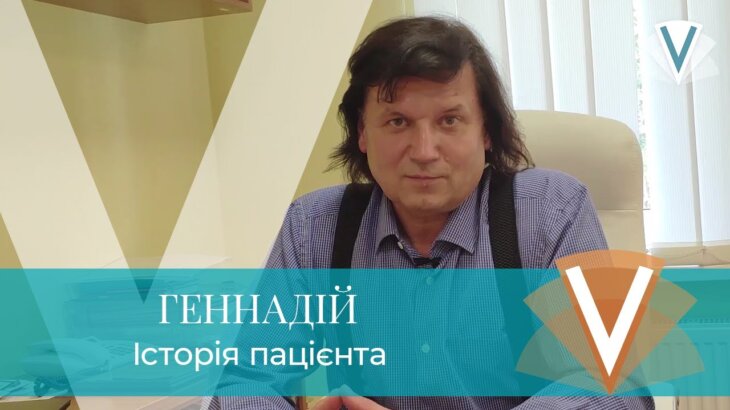
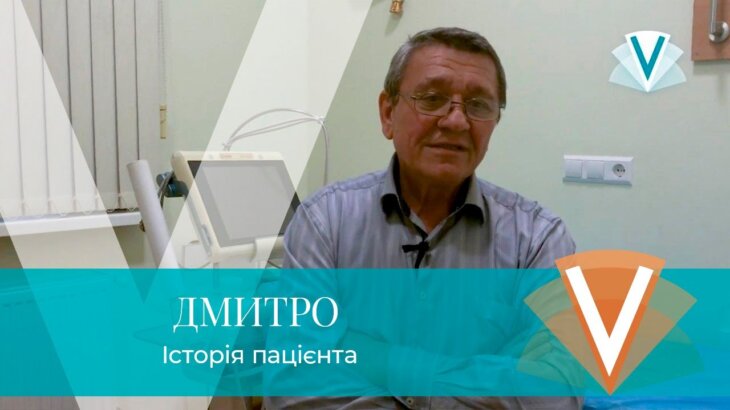
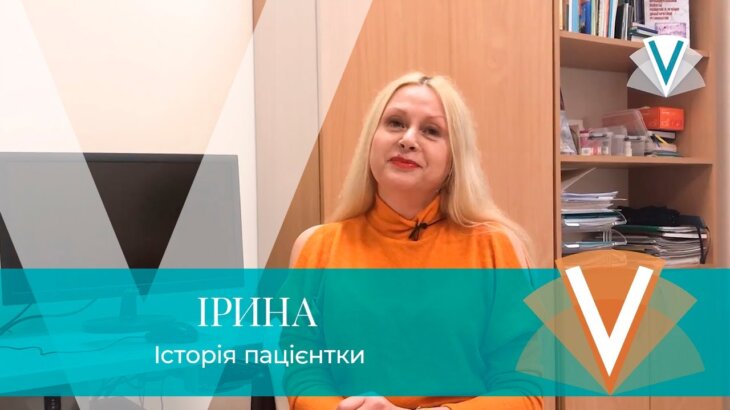

 2037
2037  3 min.
3 min.




